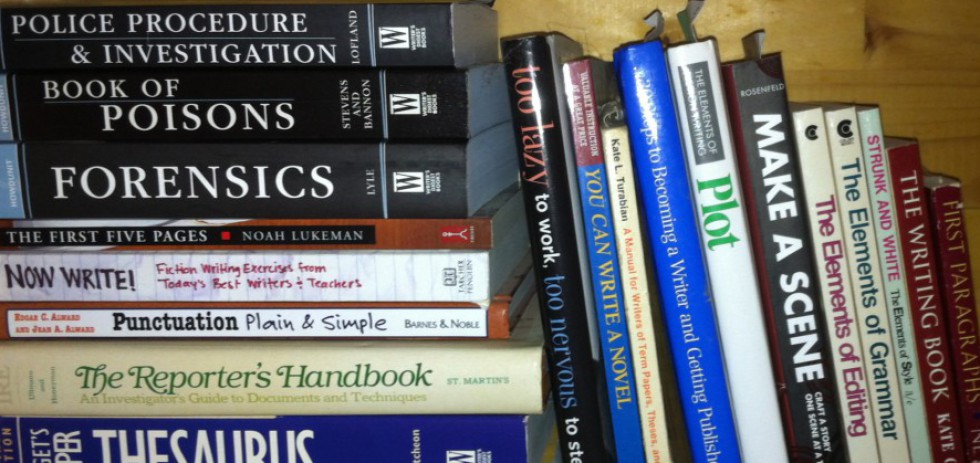A Short Exercise
By Annette Rey
Make your sentences more interesting by choosing defining words. Detail particular traits. Specificity is better than vagueness.
Compare:
The car careened down the mountain pass.
The battered Volvo careened down the rocky mountain pass.
Compare:
The house was surrounded by woods.
Becky’s cozy, vine-covered cottage, nestled among old-growth firs, welcomed the returning airman.
Compare:
Dogs chased the rabbit to ground.
The cottontail narrowly eluded a pack of howling beagles by dashing into her burrow.
Or:
Three rowdy beagles relentlessly pursued a zig-zagging cottontail and lost her in the thick underbrush.
Replace a general word with an unambiguous one.
Examples:
Generic term Explicit replacement
restaurant Italian eatery, greasy-spoon diner
dog blue-eyed Malamute, formidable Doberman
building glass skyscraper, L-shaped ranch house, Celtic castle
library personal leather-bound collection, tattered paperbacks
detective veteran sergeant, cynical sleuth
You can see the benefit of replacing bland words with descriptive terms that beef up your sentences and put your readers in the mood you want to immerse them.
Now, you try a few words. Visualize the noun. Make those simple nouns more complex, reflect the characteristics of the item in question.
hairstyle
bedding
river
suit
subdivision
gun
airplane
jewelry box
bouquet
The next time you sit down to write, remind yourself to elaborate on the general words you use in a sentence. Your readers will be more entertained and satisfied with your writing style.

 A Trip to the Telephone Museum
A Trip to the Telephone Museum Two: Read your work aloud. Is your voice pausing in places? Perhaps you need to insert a comma. As you read, are you not pausing at a comma point? Review, and the comma may need to be removed. Reading aloud helps you sound for flow, but you should be familiar with punctuation rules. Reading aloud is also necessary in areas of dialogue to identify whether the exchange between characters sounds believable.
Two: Read your work aloud. Is your voice pausing in places? Perhaps you need to insert a comma. As you read, are you not pausing at a comma point? Review, and the comma may need to be removed. Reading aloud helps you sound for flow, but you should be familiar with punctuation rules. Reading aloud is also necessary in areas of dialogue to identify whether the exchange between characters sounds believable.
